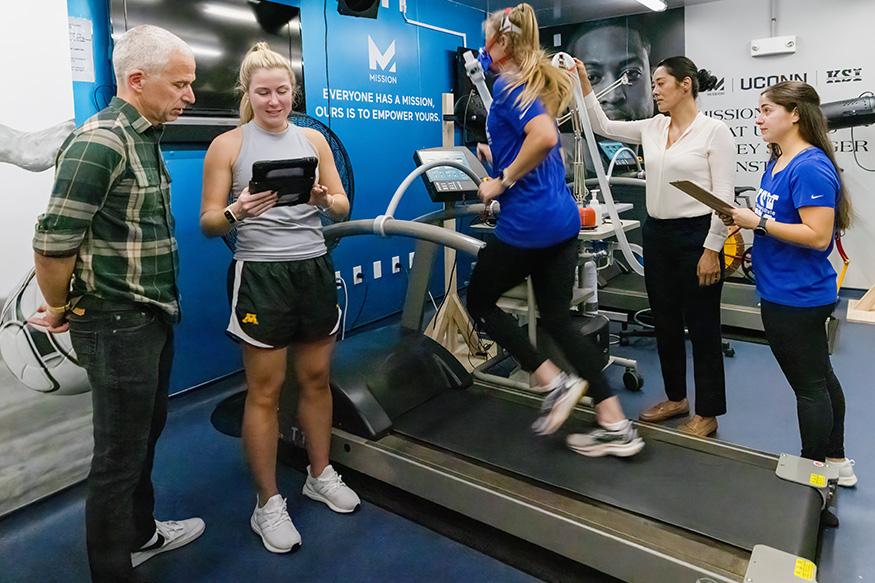Climate change is affecting Connecticut’s communities, land, and water resources. There is a growing threat for residents and those whose livelihoods directly depend on natural resources including flooding, more intense storm events, heat waves, invasive and nuisance species, and issues with trees and power infrastructure.
Unfortunately, many residents still do not understand the causes and implications of climate change and adaptation strategies, nor do they have all the tools and resources needed to address these new climate realities. CAHNR is addressing these growing challenges through collaborative work among researchers, practitioners, and stakeholders. Together, we are creating and maintaining a sustainable environment, a robust economy, and a higher quality of life for current and future generations. Our climate adaptation and resilience programs seek to:
- Promote human, plant, and animal health that is resilient to the effects of climate change
- Promote resilient and well-adapted Connecticut communities and economies
- Engage and educate individuals, communities, and partners in climate adaptation, integrating research and outreach to ensure informed decision-making
- Enhance the management, conservation, and protection of ecosystems.
